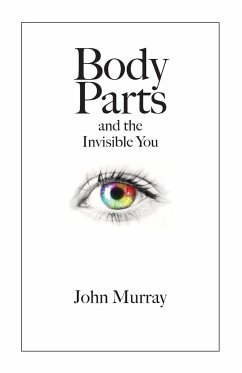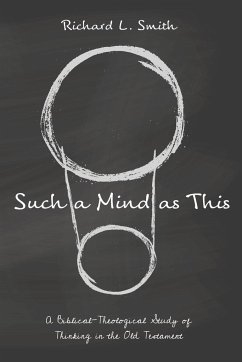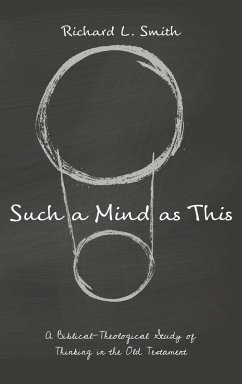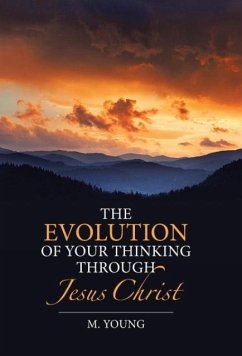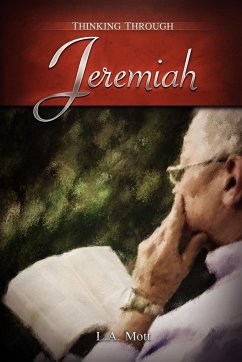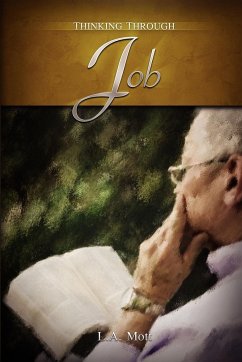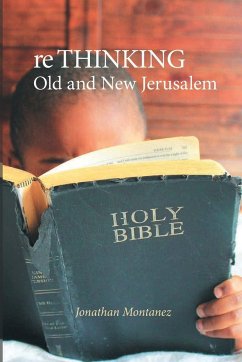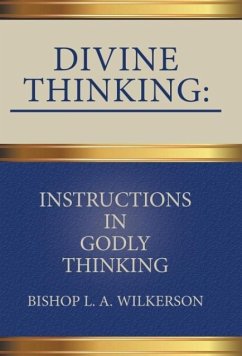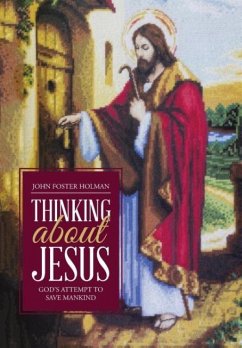
End of Theology and the Task of Thinking about God
Versandkostenfrei!
Versandfertig in 1-2 Wochen
37,99 €
inkl. MwSt.

PAYBACK Punkte
19 °P sammeln!
n this book George Pattison seeks to address the contemporary crisis of theology, asking what future there can be in a situation of intellectual pluralism for an academic discipline that is rooted in the life and teaching of the Christian church. It is argued that theology can only justify its place in the academy if it is willing to dialogue with other disciplines which are also concerned with questions of religion and the meaning of human life. In this dialogue theology must give up its past claims to special privileges. Dialogue is not just a strategy for survival, however. It also reflects...
n this book George Pattison seeks to address the contemporary crisis of theology, asking what future there can be in a situation of intellectual pluralism for an academic discipline that is rooted in the life and teaching of the Christian church. It is argued that theology can only justify its place in the academy if it is willing to dialogue with other disciplines which are also concerned with questions of religion and the meaning of human life. In this dialogue theology must give up its past claims to special privileges. Dialogue is not just a strategy for survival, however. It also reflects a commitment to personal values that, in the absence of consensus as to the ultimate nature of reality, are the key to any God-centred understanding of life. The principle of dialogue is also developed in relation to tradition, and a dialogical, dynamic understanding of tradition is set against a static traditionalism. The scope of a dialogical theology is also expanded to take in the realms of feeling, poetry and art. These, Dr Pattison claims, are no less fruitful for thinking about God than the pursuit of philosophically justifiable propositions. However, the driving concern for personal values means that this larger agenda is not just a way of turning theology into aesthetics but reflects the ethical motivation at the heart of the author's dialogism. George Pattison is Lady Margaret Professor of Divinity in the University of Oxford and a Canon of Christ Church Cathedral.



